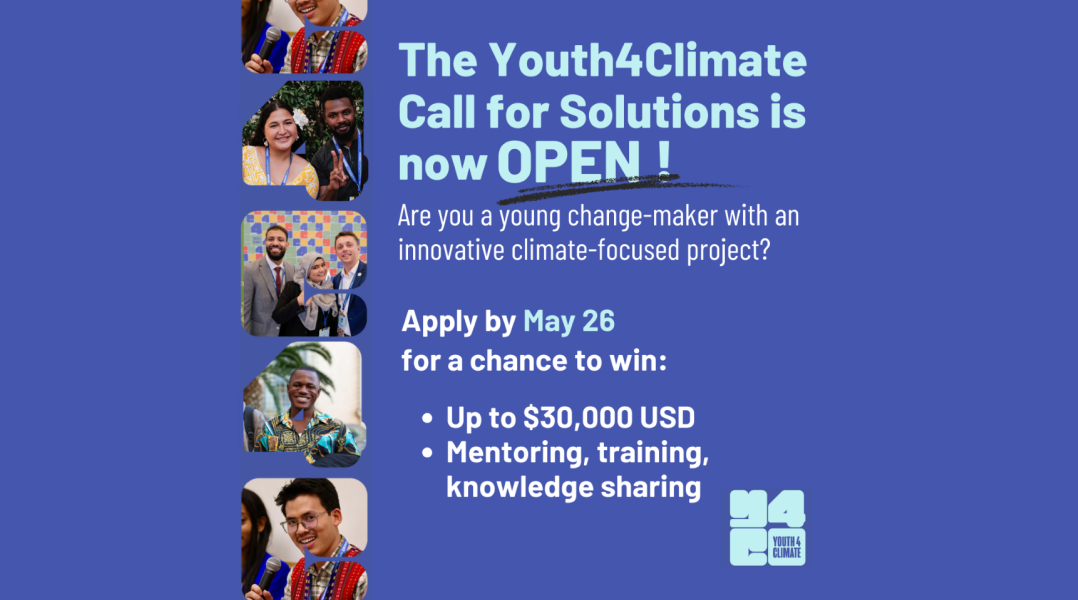Sustainable Consumption and Production Dialogue Series Ep.2: Boosting sustainable public procurement (SPP) through enhanced market information: E-catalogues and E-marketplaces

The objectives of this event are:
To increase policymakers, experts, businesses and practitioners passion for SPP and EL as a means to influence consumption patterns to minimize the environmental damage caused by goods and services;
To be inspired by country cases on policies, regulations, best practices, and business models that foster the implementation of EL and SPP;
To gain knowledge on key-features for an impactful SPP and EL implementation.
In the face of growing environmental challenges, new, sustainable models of production and consumption are needed across our society. Thankfully, many companies already provide sustainable products and services, and advancements and innovations are being continuously made. By adopting Sustainable Public Procurement (SPP) practices, governments can leverage their massive market power to increase the demand for sustainable options, and thus incentivise further investment and market transformation while also directly reducing their own environmental impact.
For public procurers on the ground, however, it can be difficult to get an overview of what sustainable options are available, and without knowing what is possible, it is difficult to develop suitable tender specifications. By increasing the availability of market information, it is possible to increase procurers' confidence to set challenging sustainability requirements, safe in the knowledge that suppliers exist in the market, and that competitive offers will be received.
To overcome this information gap, several countries within South-East Asia have develop digital 'e-marketplace' tools I.e., online directories of sustain able products and services, including details of the standards met (such as energy consumption, raw material origin, and end-of-life options) as well as any ecolabels and other quality certifications achieved.
In addition to information gaps, other barriers to SPP include the time and skill required to develop SPP criteria and to assess bids against these. To address these, some countries have developed even more advanced digital tools, namely green ‘e-catalogues’. Unlike e-marketplaces, which only provide information, e-catalogues act as online shops which procurers can purchase from directly. In doing so, e-catalogues help overcome time and capacity barriers to SPP, while also aggregating demand across the public sector, and further incentivising suppliers to invest in the sustainability of their offers.
Both e-marketplaces and e-catalogues offer exciting opportunities for countries committed to maximising the potential for SPP. This webinar, which is part of the SCP Dialogue Series, will bring together policy-makers and experts to discuss the potential of e-marketplaces and e-catalogues. The strengths and opportunities of different approaches will be discussed, and real-life examples of how these tools are being used in practice by frontrunning ASEAN countries will be presented.
Speakers:
Kai Hofmann
-
GIZ
Ashleigh McLennan
-
Oeko-Institut
Jarinporn Tippamongkol
-
Environmental Analysis Center, Pollution Control Department
Ibu Dwi Wahyuni Kartianingsih
-
Indonesia National Public Procurement Agency (LKPP)
Ari Sulindra
-
Indonesia National Public Procurement Agency (LKPP)
Supporting document(s)



